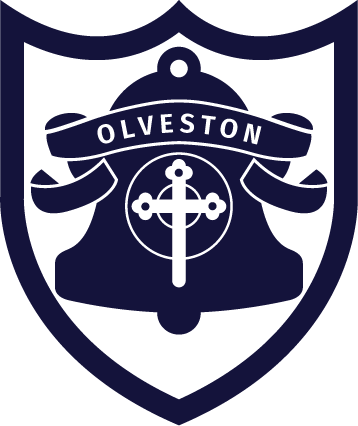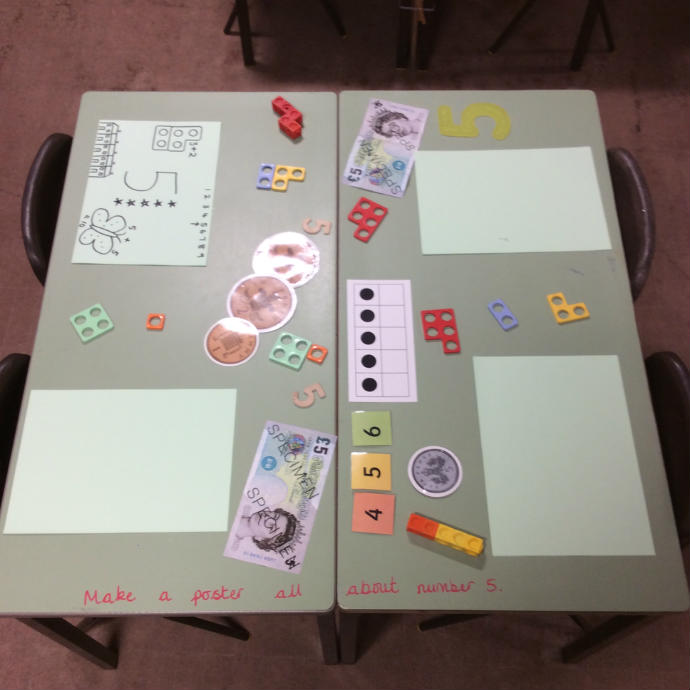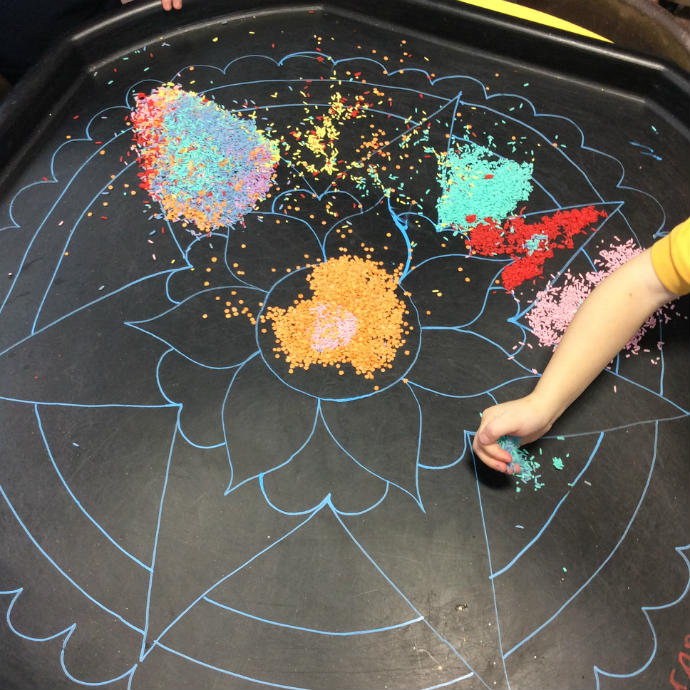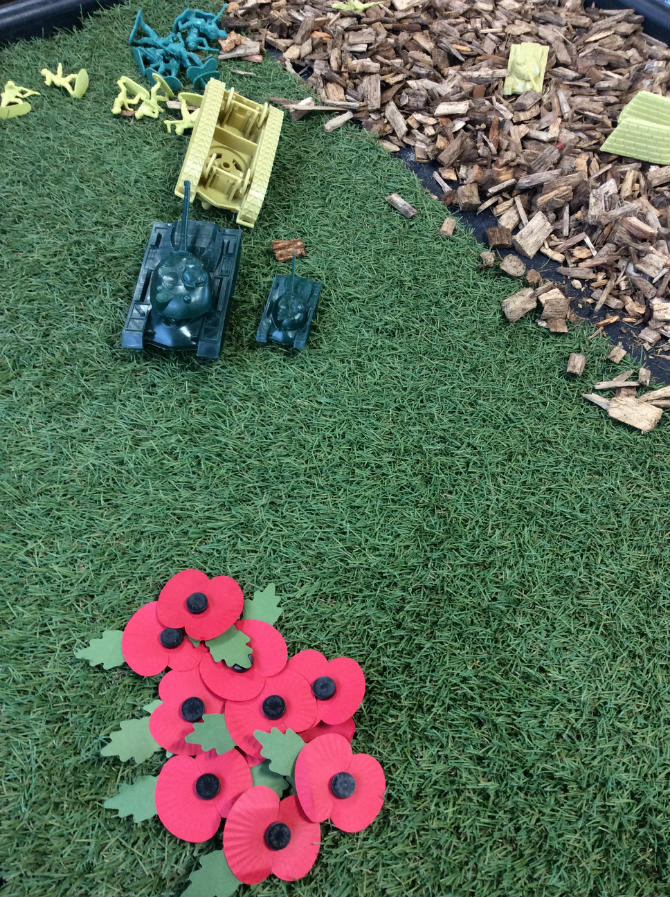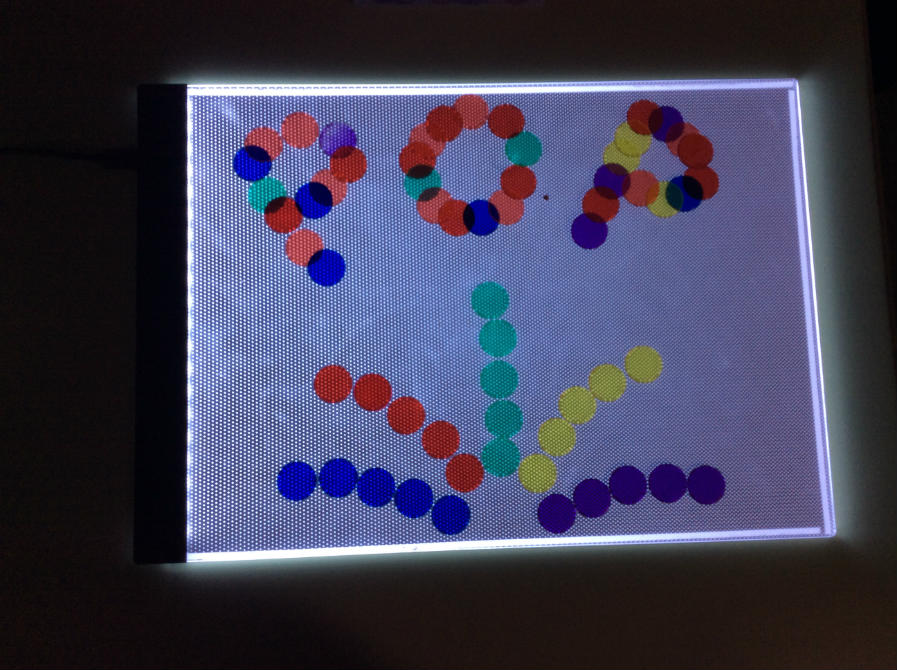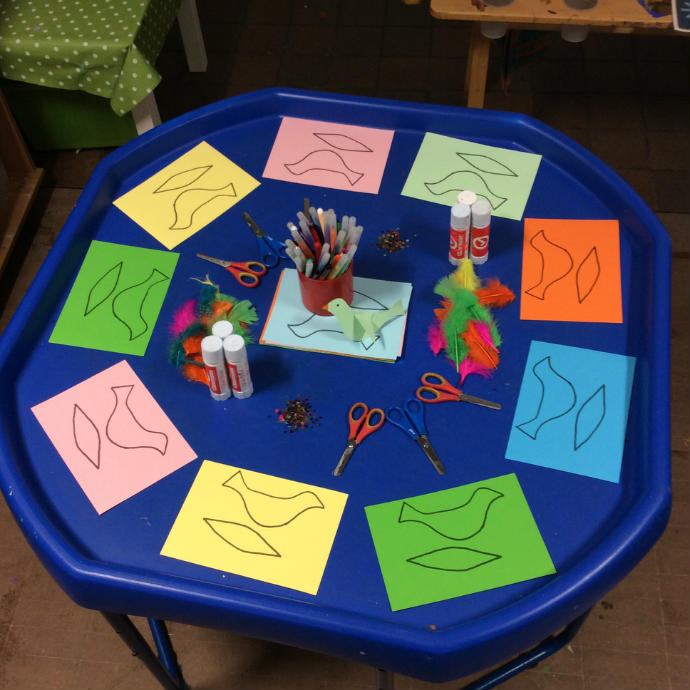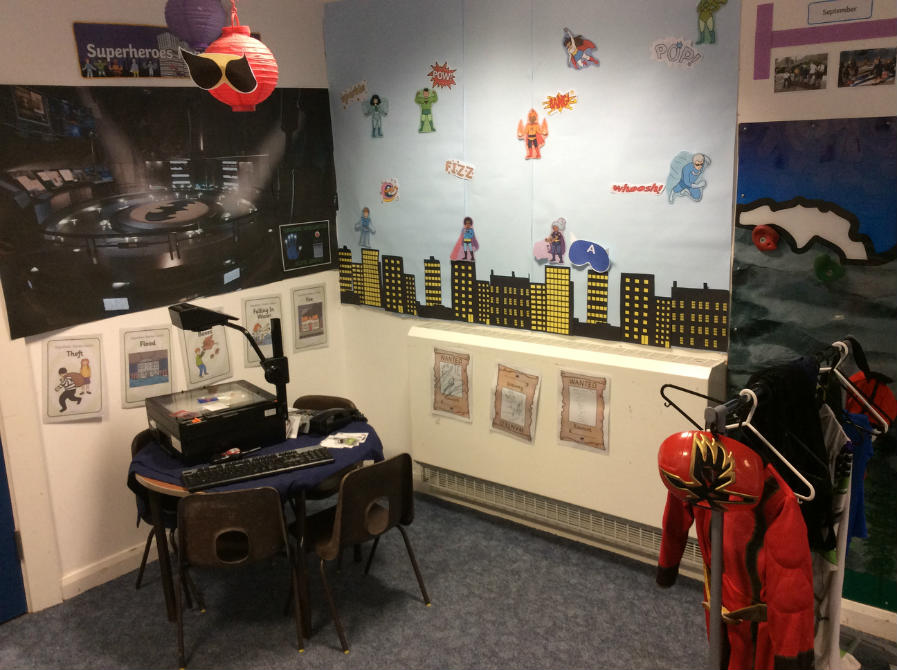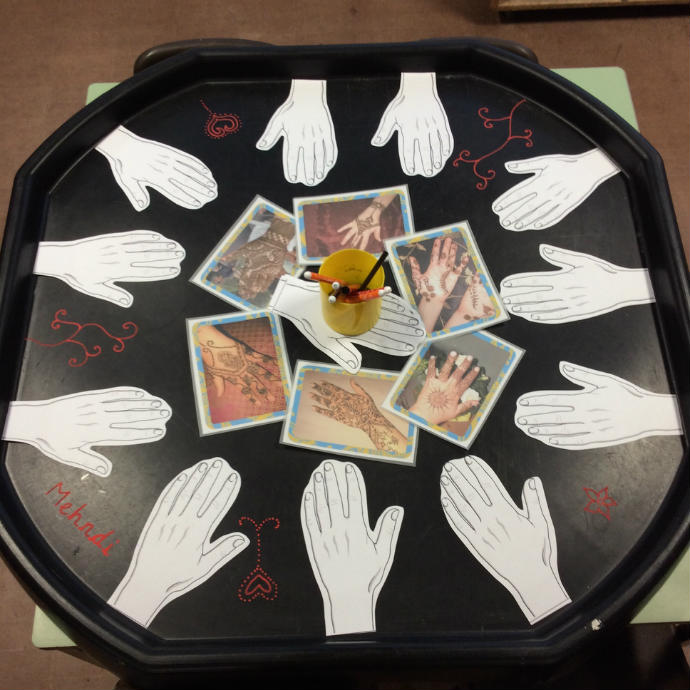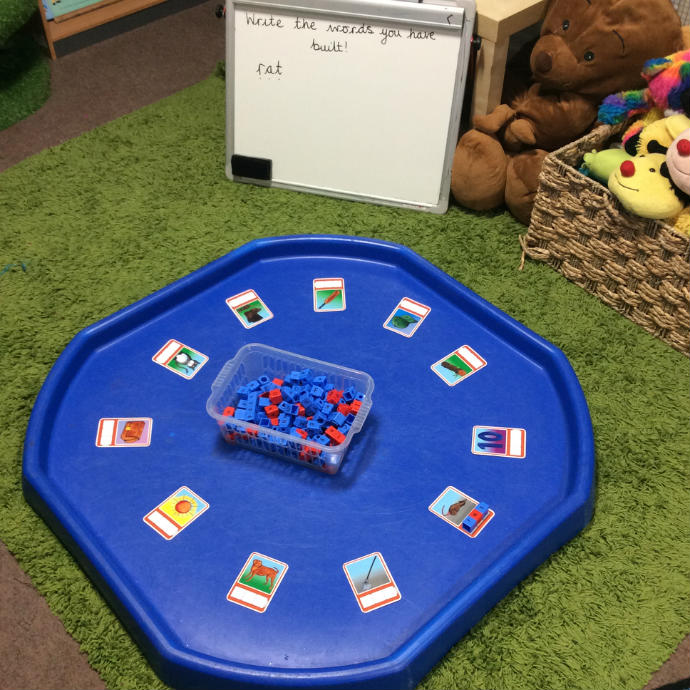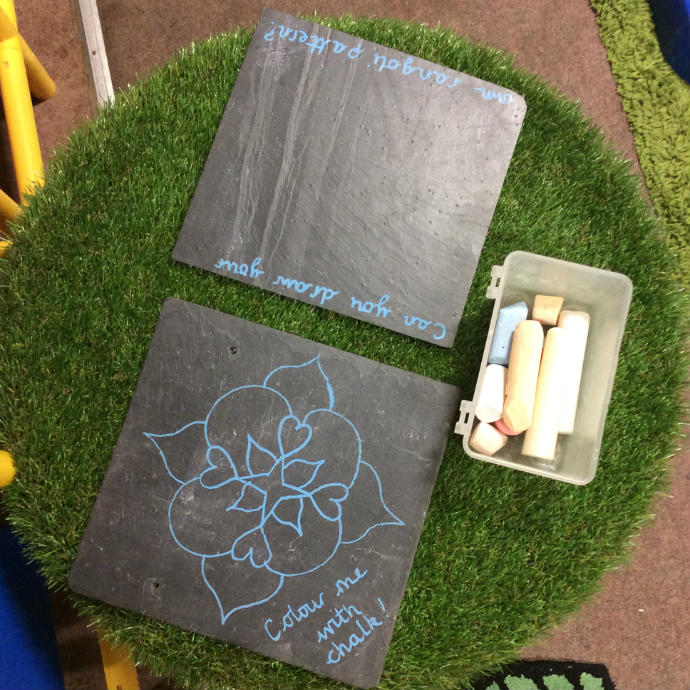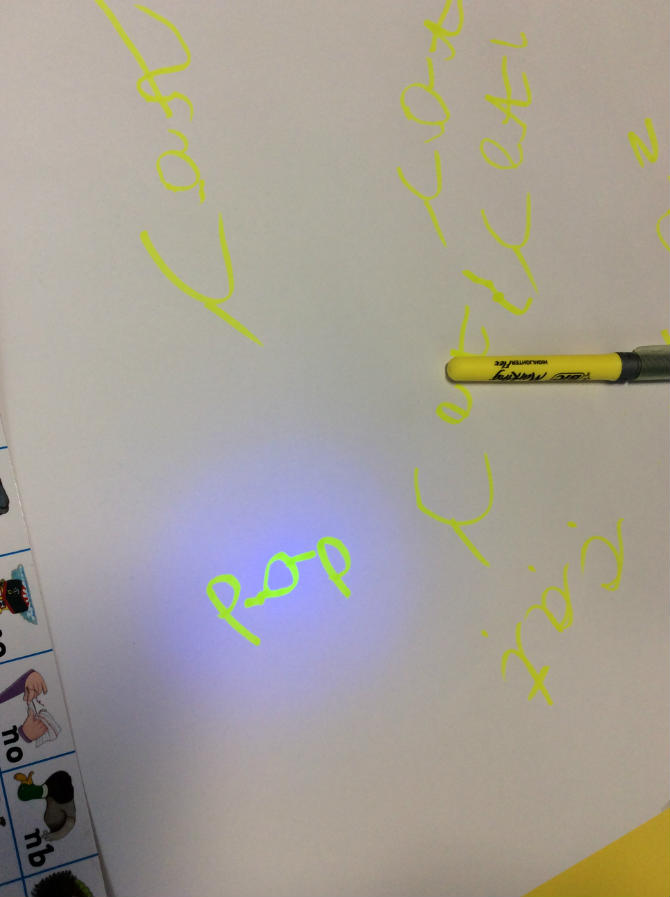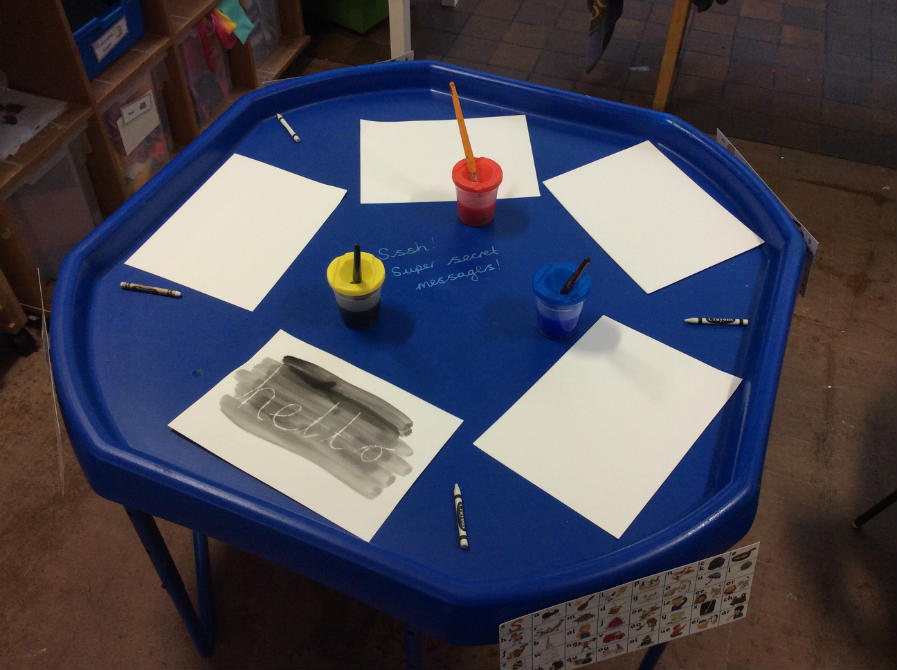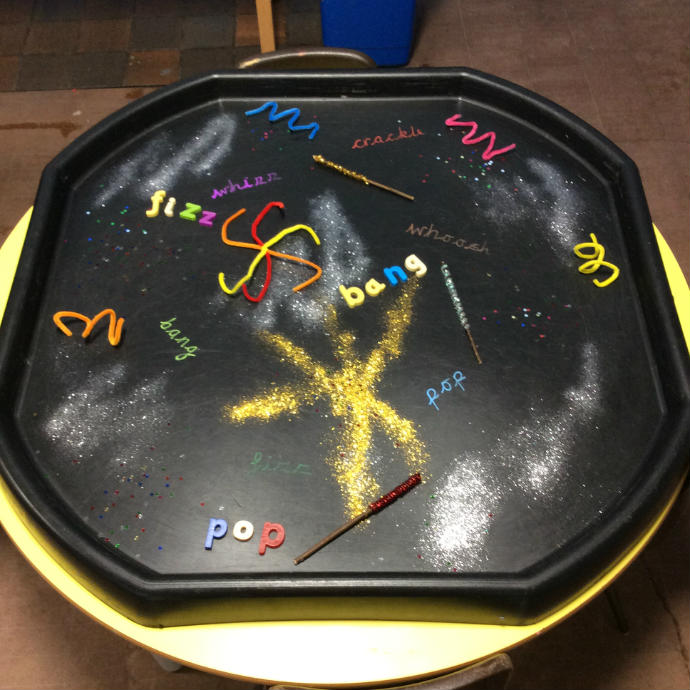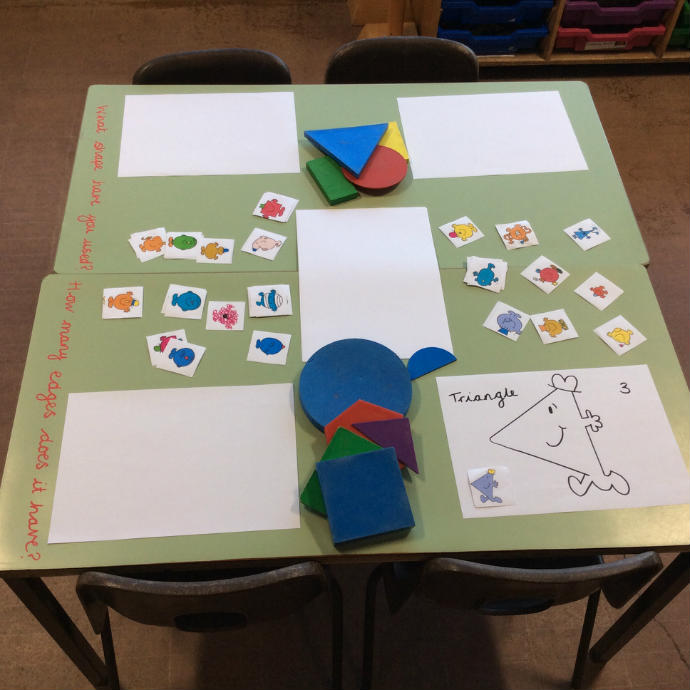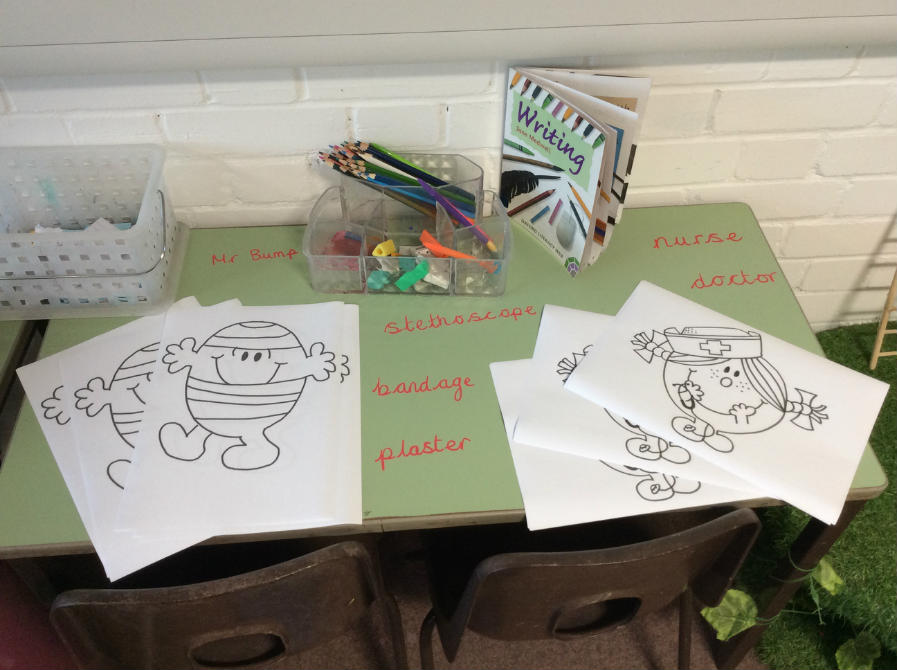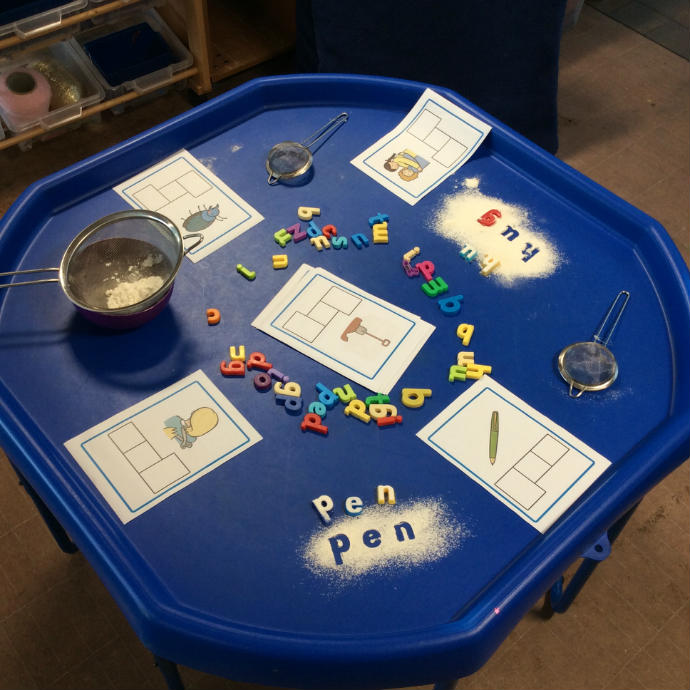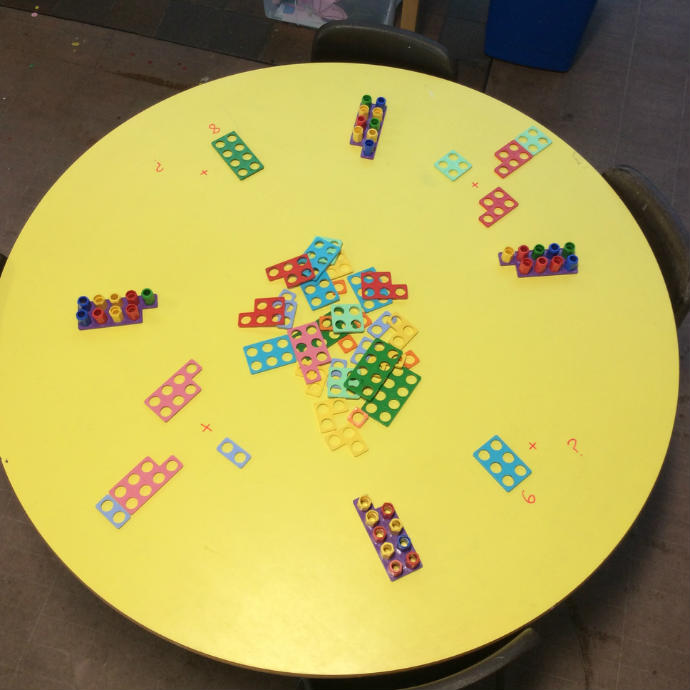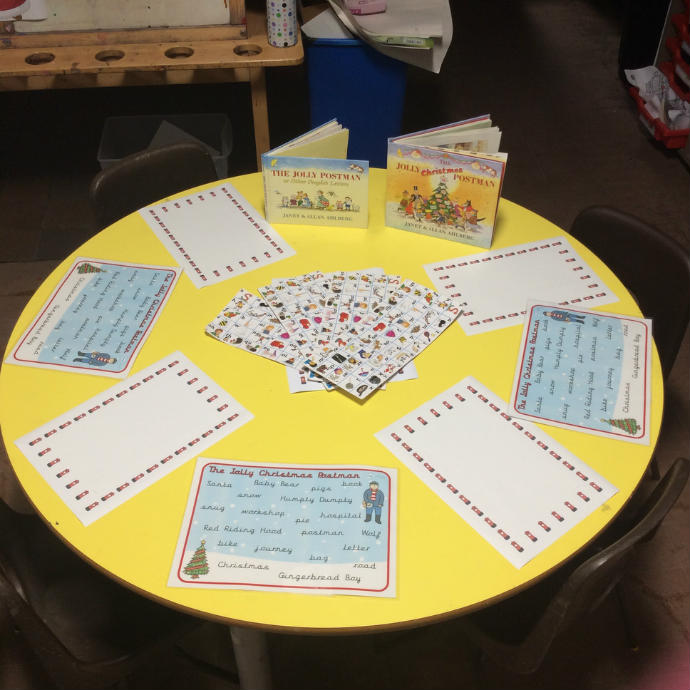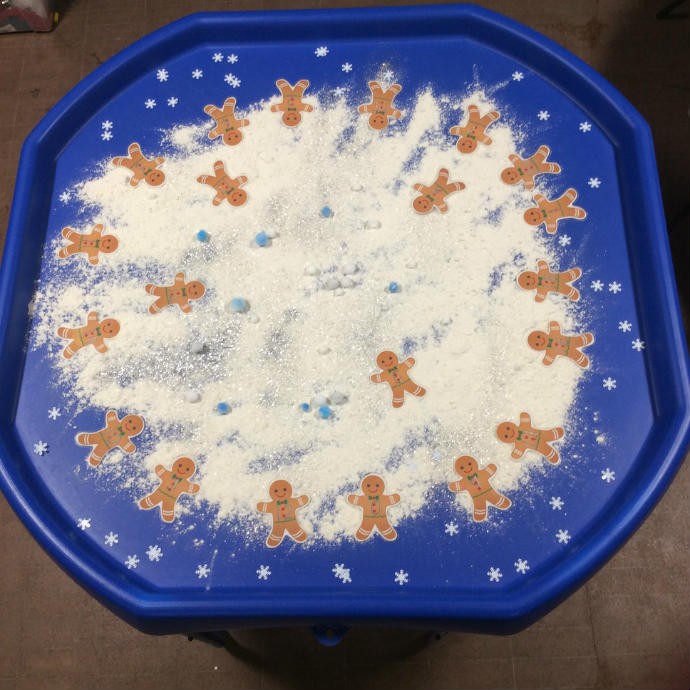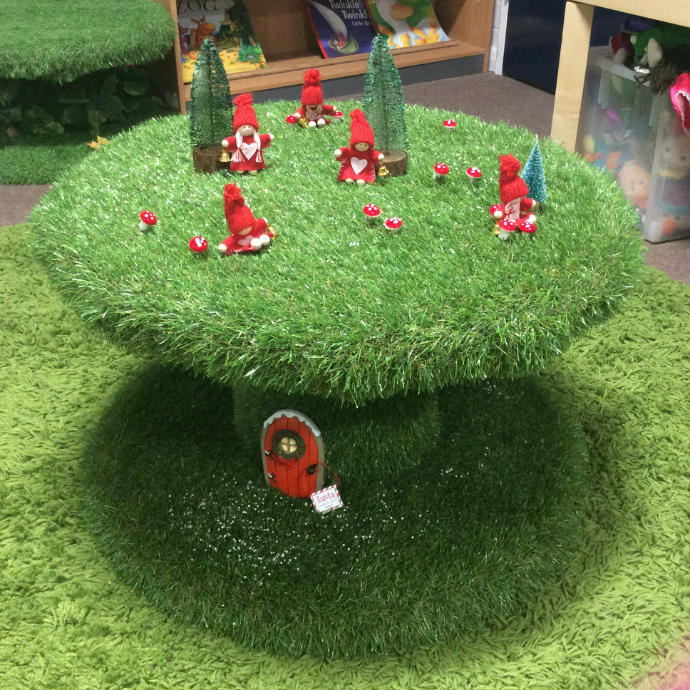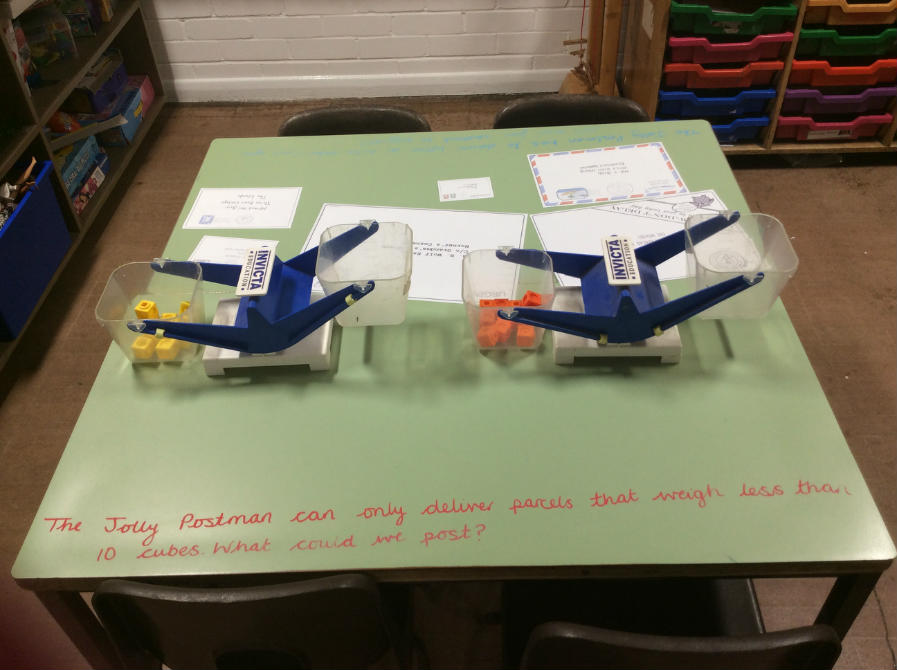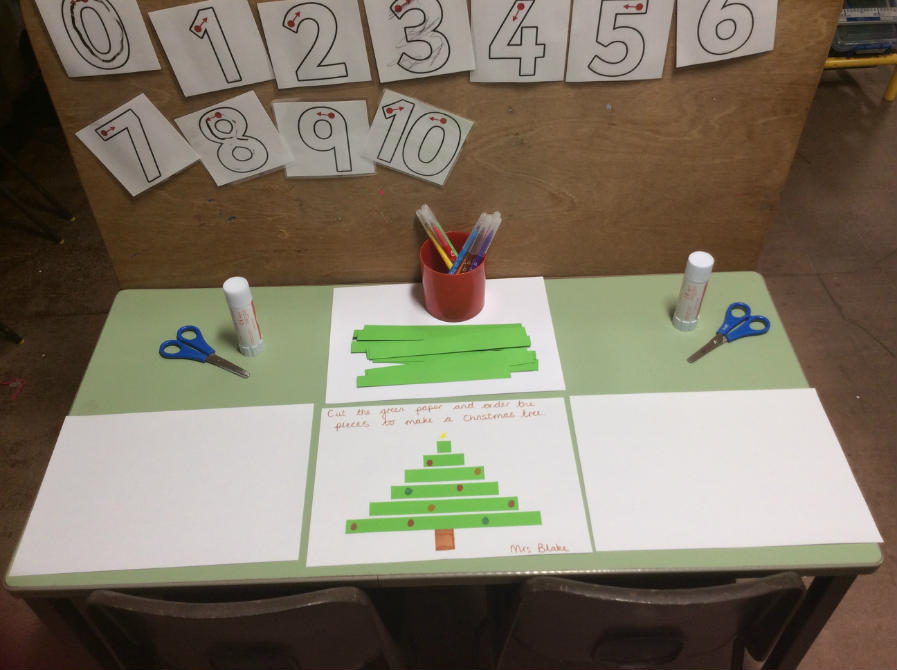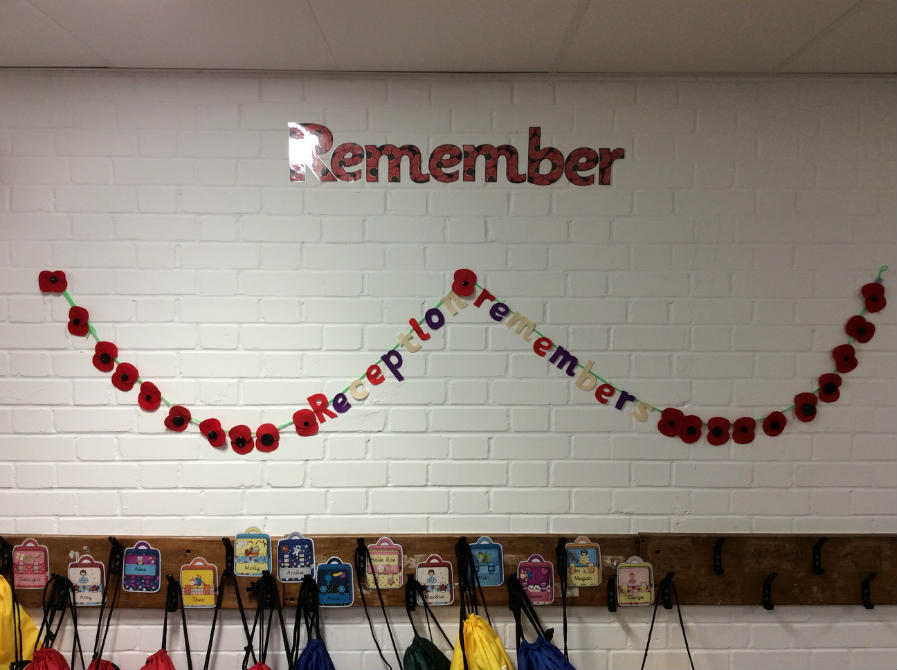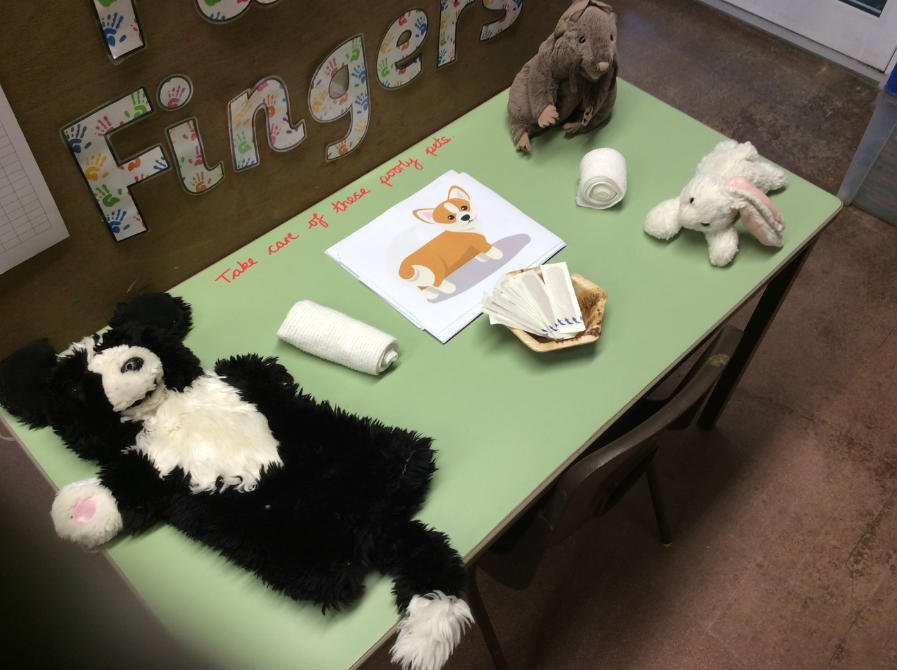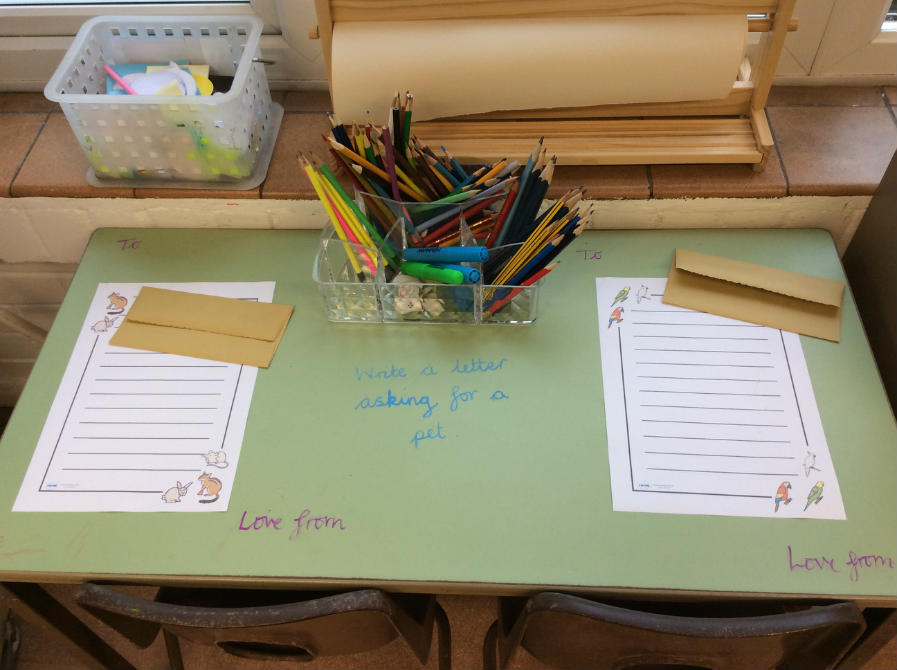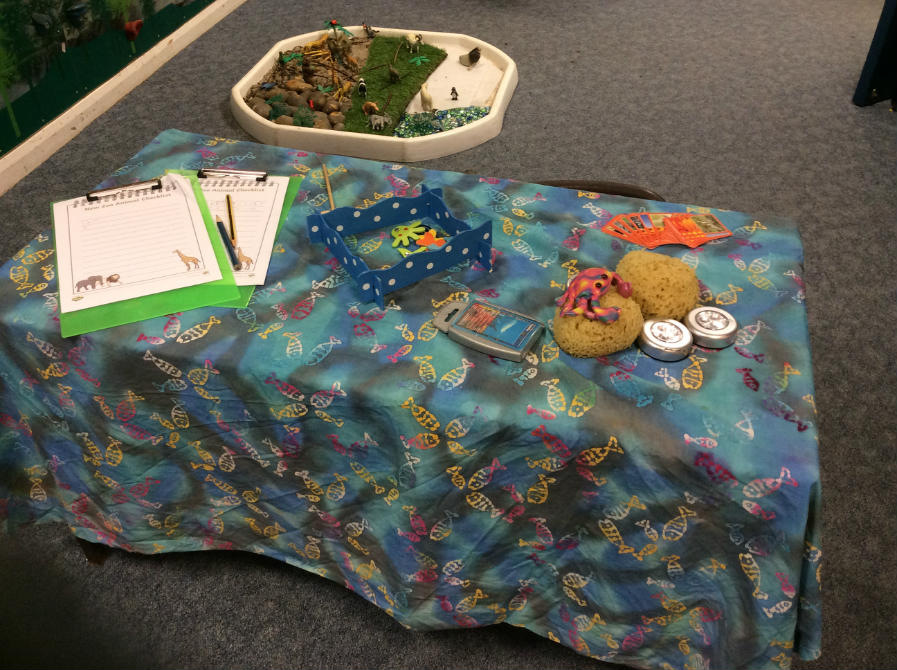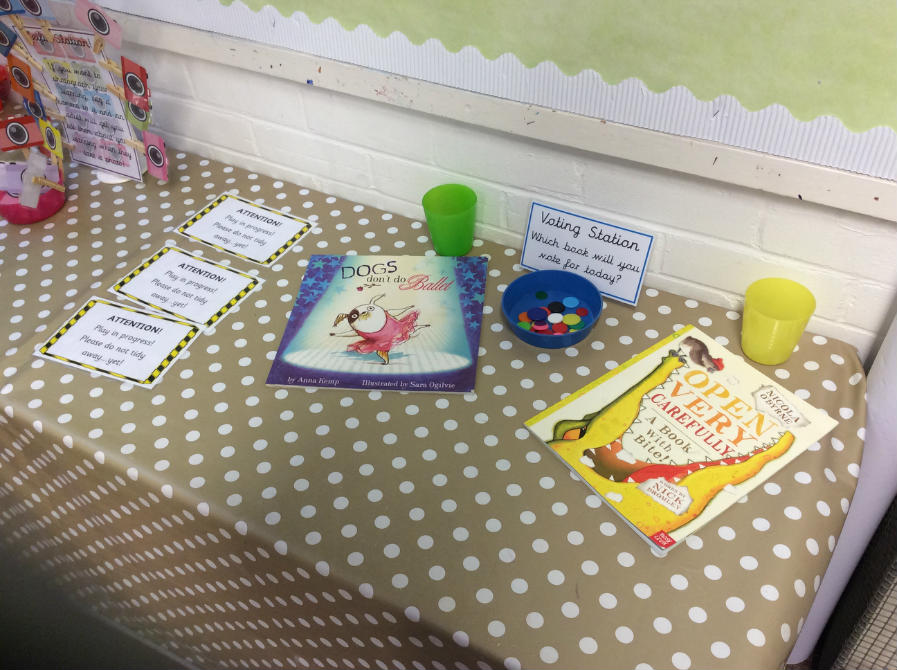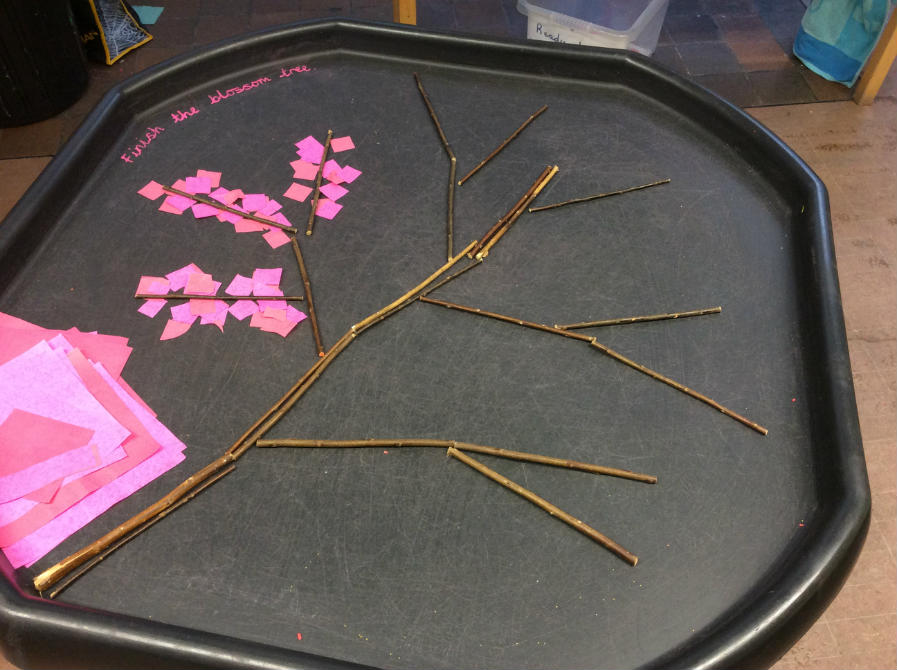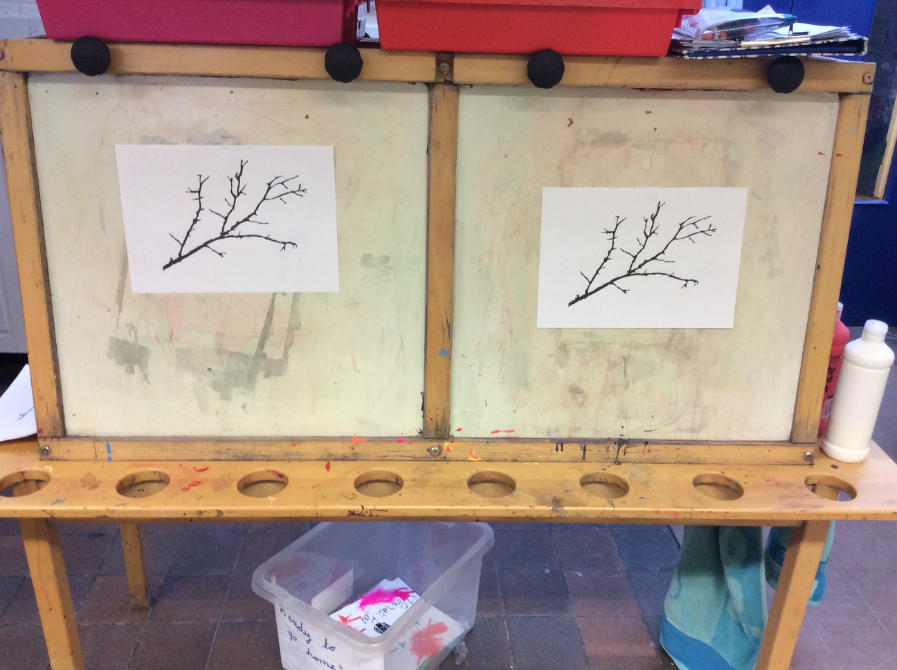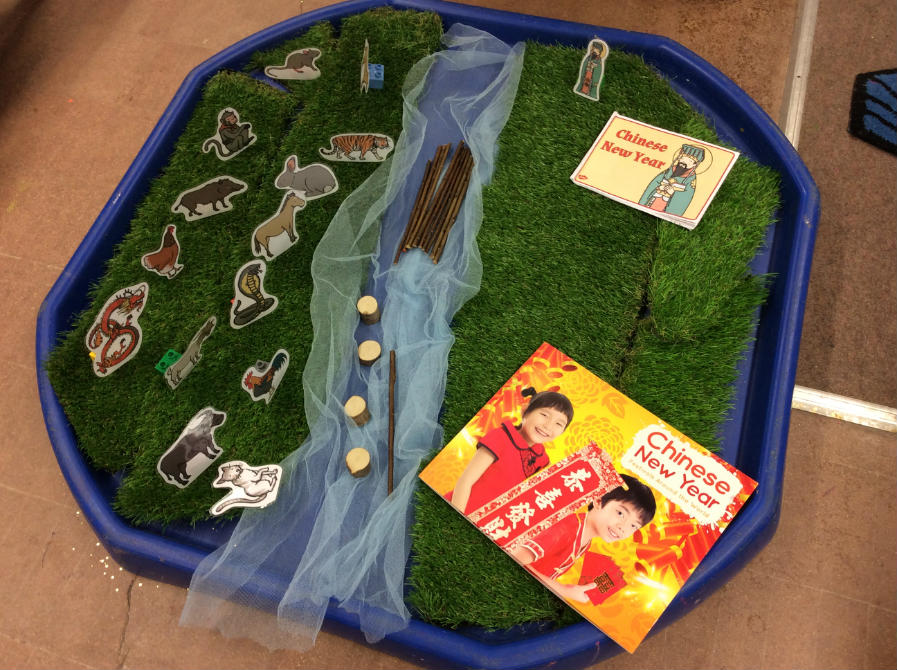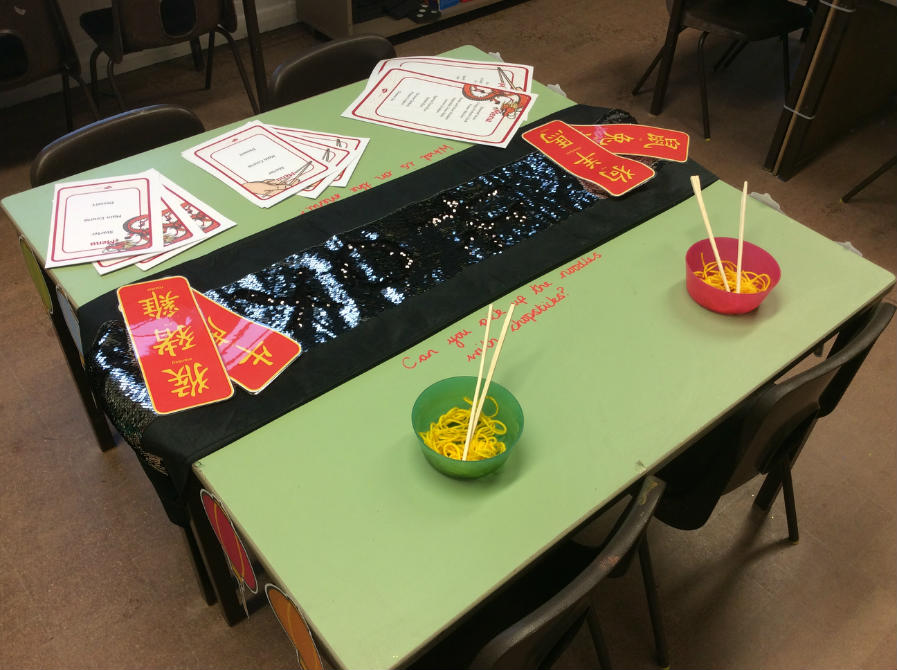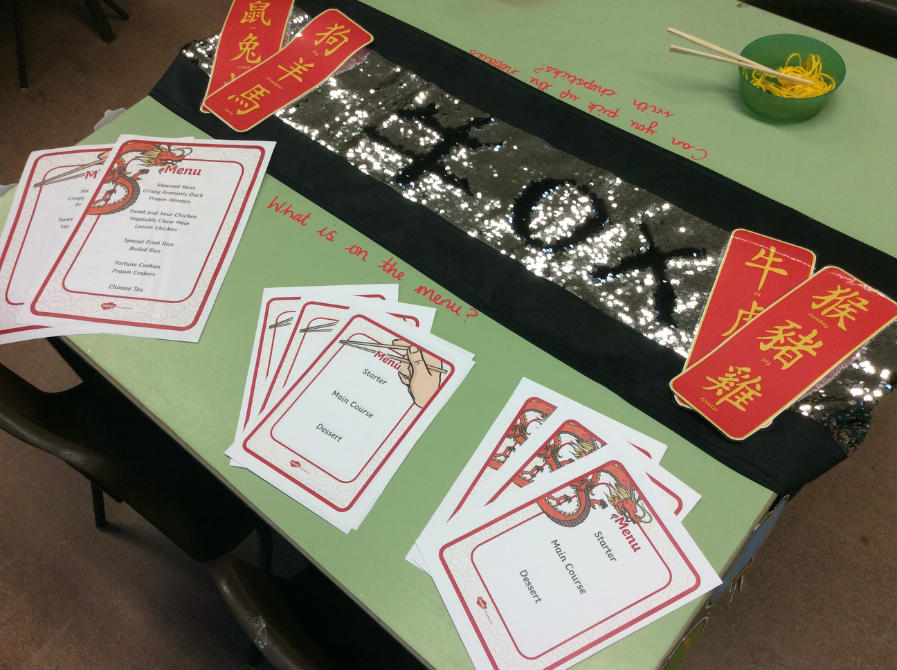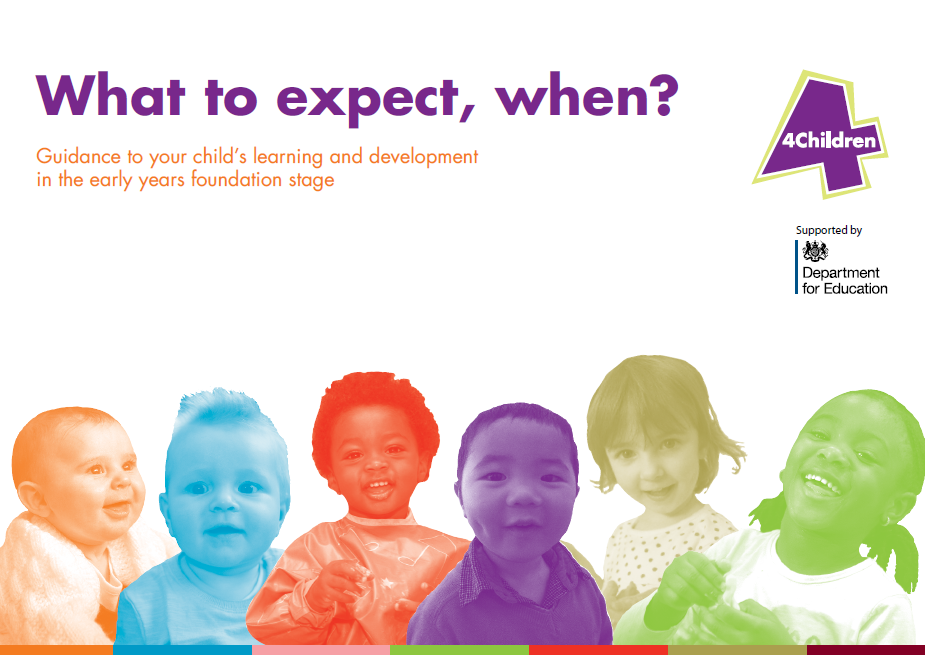EYFS
We believe that every child is unique and that every day should provide exciting opportunities to explore, learn and take on new challenges. We value the importance of our outdoor environment and believe that it offers children the opportunity to develop their thinking and problem-solving skills. We are committed to fostering independence, resilience and autonomy; skills for lifelong learning. At Olveston CEVC Primary school, children in EYFS develop rapidly, albeit in their own unique ways - ways that are meaningful to them. Our community offers all children the opportunity to be their best and ensure that play is at the very heart of our planning. We embrace the role our families have in the development of their children, and hope that every family is enriched by the experience of their children's learning journey.
Early Years Foundation Stage
The Early Years Foundation Stage (EYFS) extends from birth to the end of the Reception year. Entry into Olveston CEVC Primary Reception class is the final stage of their Early Years journey. The Early Years Foundation Stage is important in its own right, and also in preparing children for later schooling.
At Olveston CEVC Primary we are all committed to providing a safe, caring and stimulating environment in which children can be happy, take risks and enjoy learning. A high emphasis is placed on the children developing a strong sense of identity while promoting warm, respectful and secure relationships within the school community.
Children are provided with a creative curriculum based on their own needs, interests and experiences. Through a balance of adult led and child initiated activities children can explore and develop the skills, knowledge and attitudes to help them make sense of the world around them and help them to become lifelong, independent learners.
The EYFS is based upon four key principles.
A Unique Child
We believe that every child is a competent learner from birth who can be resilient, capable, confident and self-assured.
Positive Relationships
We believe that children learn to be strong and independent from a base of loving and secure relationships with parents.
Enabling Environments
We believe that the environment plays a key role in supporting and extending children’s development and learning.
Learning and Development
We believe that children learn and develop in different ways and at different rates and all areas of learning and development are equally important and inter-connected.
What is the EYFS Framework?
The EYFS Framework exists to support all professionals working in the EYFS to help your child, and was developed with a number of early years experts and parents.
It sets out:
- The legal welfare requirements that everyone registered to look after children must follow to keep your child safe and promote their welfare
- The 7 areas of learning and development which guide professionals’ engagement with your child’s play and activities as they learn new skills and knowledge
- Assessments that will tell you about your child’s progress through the EYFS
- Expected levels that your child should reach at age 5, usually the end of the reception year; these expectations are called the “Early Learning Goals (ELGs)”
- There is also guidance for the professionals supporting your child on planning the learning activities, and observing and assessing what and how your child is learning and developing.
What will my child be learning and how?
There are seven areas of learning and development that must shape the educational provision in Early Years Settings. These are divided into prime and specific areas. The three prime areas are important in developing children’s curiosity and enthusiasm for learning.
Prime areas;
- Personal, Social and Emotional Development
- Communication and Language
- Physical Development
The other four areas are called specific areas. Through these the prime areas are strengthened further.
Specific areas;
- Literacy
- Mathematics
- Understanding the world
- Expressive arts and design
None of these areas can be delivered in isolation from the others. They are equally important and depend on each other. These 7 areas are used to plan your child’s learning and activities. The professionals teaching and supporting your child will make sure that the activities are suited to your child’s unique needs. This is similar to a curriculum in primary and secondary schools, but it's suitable for very young children, and it's designed to be very flexible so that staff can follow your child's unique needs and interests.
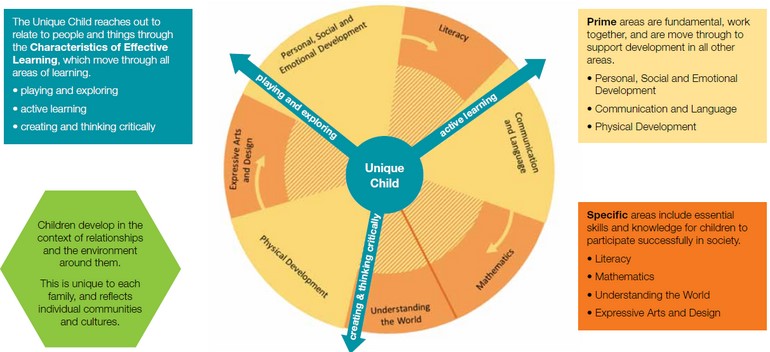
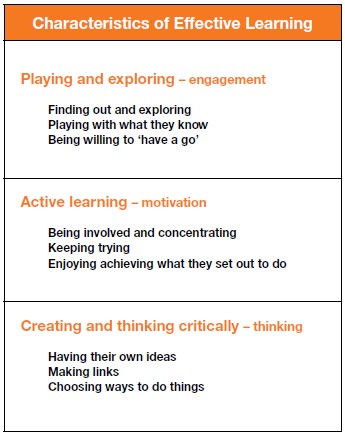
The Characteristics of Effective Learning detail how children learn rather than what they will learn. It is the ways in which the child engages with other people and their environment – playing and exploring, active learning, and creating and thinking critically. These underpin learning and development across all areas and support the child to remain an effective and motivated learner. Careful planning by the EYFS practitioners enable our Reception children to access opportunities to develop these learning dispositions through continuous provision
Enabling Environments through continuous provision
Areas within the classroom as well as the outside area, are set up to encourage the children to access each area of the EYFS Framework whilst developing the Characteristics of Effective Learning.
How can I help with my child’s learning?
All the fun activities that you do with your child at home are important in supporting their learning and development, and have a really long lasting effect on your child’s learning as they progress through school.
If you're looking for new ideas for things to do then find out what is on offer at your local children’s centre. Many offer ‘messy play’ activities which you and your child can join in with, and many of the activities they provide are free. Staff can also give you advice about the kinds of books or other activities your child might enjoy at different ages.
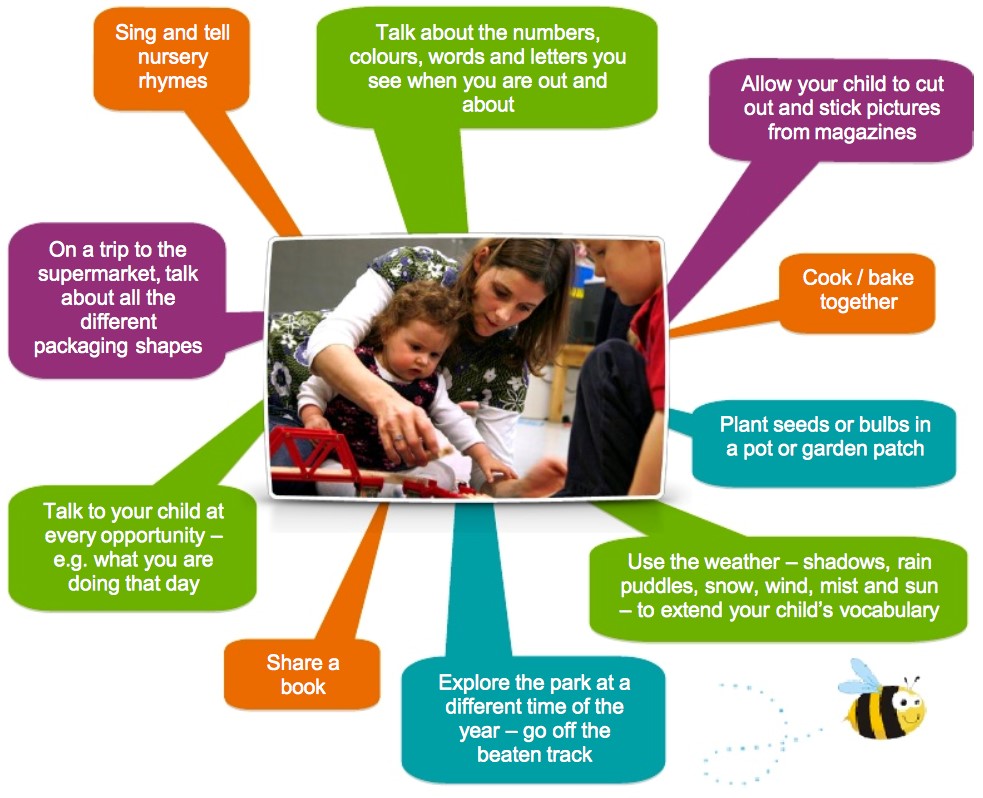
At Olveston CEVC Primary School, our Reception children bring home reading and library books to share with you as well as a Phonics home learning pack to consolidate the learning of new sounds and high frequency words that they have learnt in school. Workshops are provided throughout the year on different areas of the EYFS and how you can support your child at home.
How will I know how my child is getting on?
It is important that you and the professionals caring for your child work together. You need to feel comfortable about exchanging information and discussing things that will benefit your child. A member of our EYFS team will always welcome the children on the gate in the morning. This gives you the opportunity to share information that may be relevant in an informal manner.
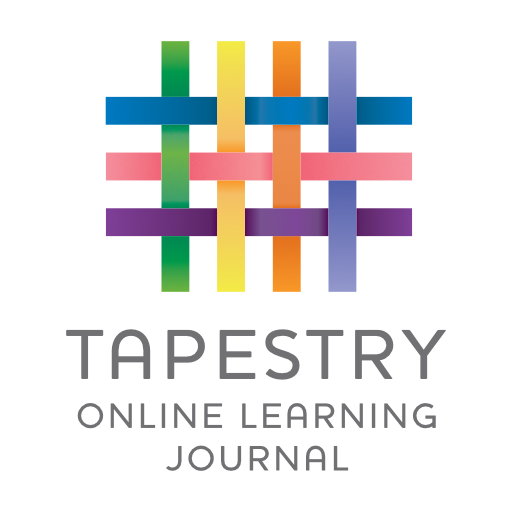
Our EYFS team carry out observations digitally using Tapestry Online Learning Journals. This enables them to keep a record of your child’s learning through adult led activities, continuous provision and child led learning. As a parent, you will be given your own login details to have access to Tapestry so you can keep track of your child’s learning as and when it happens. It gives you the opportunity to comment on observations and even add your own WOW moments from home.
You will have the opportunity to meet with your child’s class teacher formally twice throughout the year. Once in the Autumn term and once in the Spring term at our Parent Consultation Evenings. These provide the opportunity to discuss your child’s progress in more detail.
At the end of the school year, you will receive a written report in regards to your child’s attainment in each area of the EYFS as well as the Characteristics of Effective Learning.
Publications for Parents
Below is a guide for parents created by the DFE. (Click the image to access the full document)
What is Phonics?
Watch the video below, created by Oxford Education, to learn some basic information about phonics.

